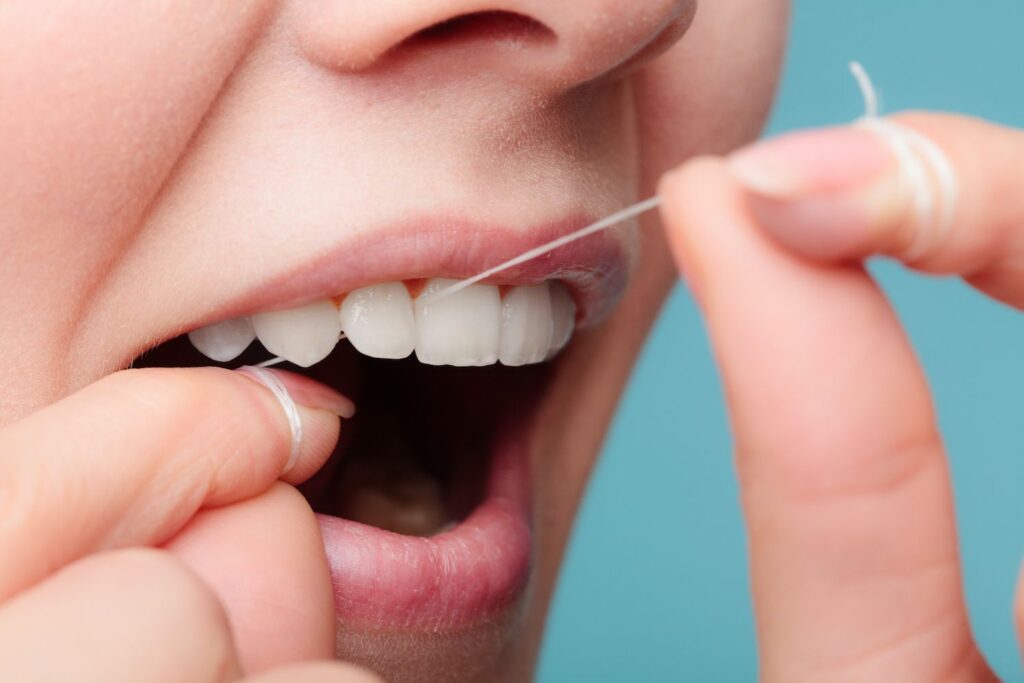Oral health is an important aspect of our overall well-being. While brushing your teeth is essential to your daily dental hygiene routine, flossing should not be overlooked. Flossing is a vital practice that can help prevent tooth decay, gum disease, and other oral health issues.
Flossing is a process of cleaning between the teeth and removing food particles, plaque, and bacteria from areas that a toothbrush cannot reach. The American Dental Association (ADA) recommends flossing at least once a day to maintain good oral hygiene. However, many people choose not to floss because it adds more time to their morning and nightly routines. This decision can be detrimental to your oral health.
Lack of flossing can drastically increase your risk of severe dental disease. Over time, you can experience discolored or loosened teeth.
Flossing helps remove plaque between the teeth, which can cause tooth decay. Plaque is a sticky film that forms on the teeth. It is a type of harmful bacteria that feeds on sugars and starches in food. These bacteria produce acid that erodes the tooth enamel, leading to cavities. Flossing helps prevent tooth decay by removing plaque and food particles between teeth and gums.

Prevents Gum Disease
Gum disease is a bacterial infection that affects the gums and bones supporting the teeth. The initial stage of gum disease is called gingivitis, which causes swelling, redness, and bleeding of the gums. Without treatment, gingivitis can eventually progress, leading to tooth loss. Flossing effectively prevents gum disease as it helps remove the plaque and bacteria that cause the infection.
Reduces Bad Breath
The bacteria in your mouth can cause bad breath, also known as halitosis. When you don’t floss, the food particles in your mouth can begin to rot, creating a foul smell. Additionally, the plaque in your mouth can break down the enamel and soft tissues in your mouth.
Flossing helps remove the food particles and bacteria contributing to bad breath. By flossing regularly, you can keep your breath fresh and improve your oral hygiene.
Improves Gum Health
Flossing is essential for your gum health. When you floss, you remove the plaque and bacteria from your gum line. With the plaque gone, you reduce the irritation that can cause inflammation. Gum disease can cause red, swollen, and bleeding gums, leading to tooth loss if left untreated. Flossing regularly can help keep your gums healthy.
Saves Money
In the long run, flossing saves you money. You may develop tooth decay and gum disease if you do not floss regularly. Unfortunately, these issues can lead to costly dental procedures such as fillings, root canals, and even tooth extractions. Flossing every day can reduce your chances of gum disease and pricey dental bills.
Improves Overall Health
Not only does flossing benefit your oral health, but it can help your overall health as well. Recent studies have shown a link between gum disease and other health problems, such as heart disease, stroke, and diabetes. However, removing harmful plaque can minimize your risks of these serious health concerns.

